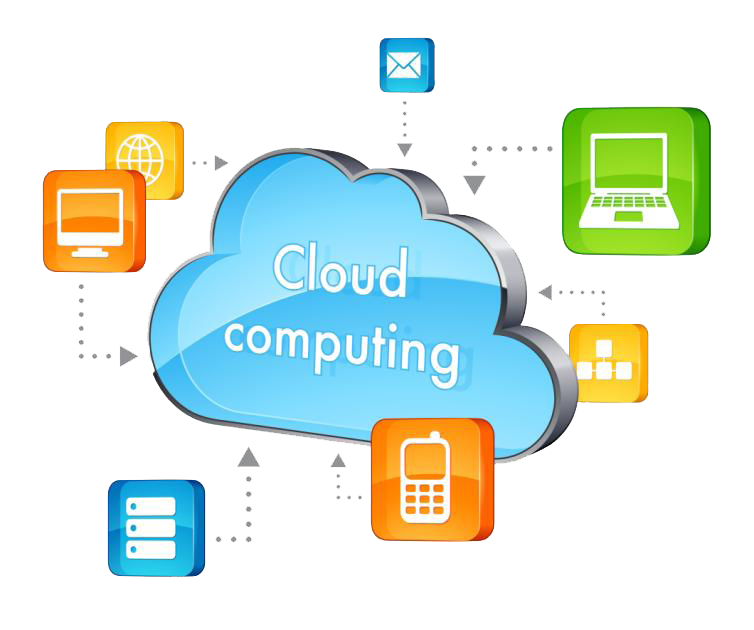




In order to provide quicker innovation, adaptable resources, and scale economies, cloud computing is the distribution of computer services over the Internet ("the cloud"), including servers, storage, databases, networking, software, analytics, and intelligence.
You can receive technological services like processing power, storage, and databases on an as-needed basis from a cloud provider like Amazon Web Services (AWS), Microsoft Azure, or Google Cloud Platform rather of purchasing, operating, and maintaining physical data centers and servers.
Your resources can be scaled up or down fast and simply to satisfy shifting demand.
You just pay for the resources you really utilize, which might reduce your IT expenses.
With an internet connection, you may access your cloud resources from anywhere in the globe.
High levels of uptime and dependability are offered by cloud providers.
Cloud providers offer a variety of security features to protect your data. Cloud computing can be used for a wide variety of applications
For hosting websites and web applications, cloud computing is a popular option.
Data backup and storage can be done safely and dependably via cloud computing.
It is possible to create and test software applications using cloud computing.
Cloud computing can be used to train and deploy machine learning and AI models.
Cloud computing can be used to process and analyze large amounts of data.
The market for cloud computing is expanding quickly, and it is anticipated to do so in the years to come. The advantages of cloud computing will become even more clear as more companies and organizations switch to it.